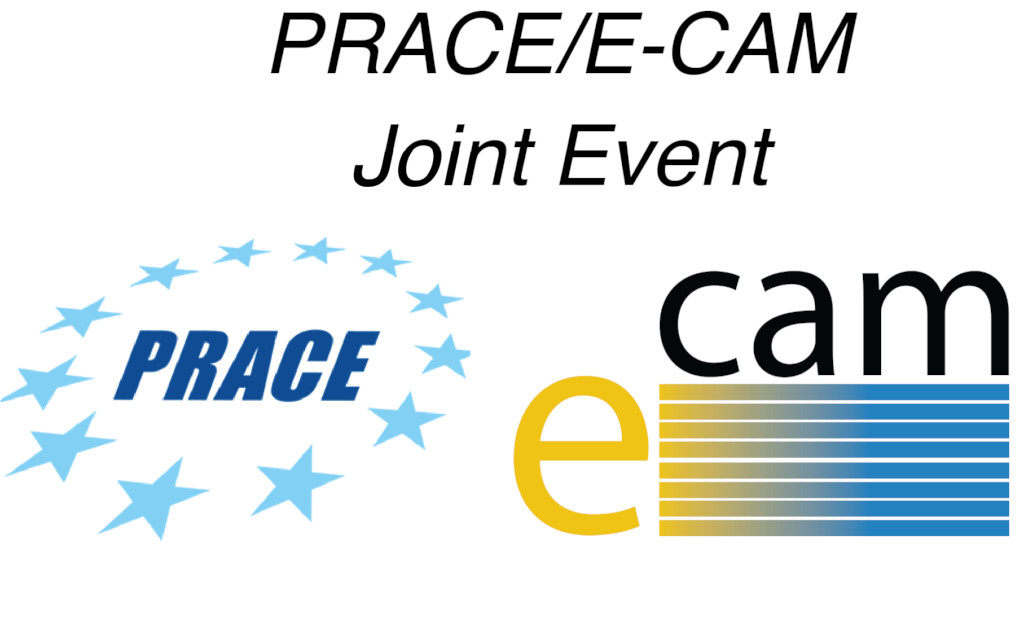
University College Dublin
Ireland
Organisers
- Jony Castagna
STFC Daresbury Laboratory, United Kingdom - Simon Wong
Irish Centre for High-End Computing, Ireland - Donal MacKernan
University College Dublin, Ireland
Overview
The 4-day school will focus on providing the participants with a concise introduction to key machine and deep learning (ML & DL) concepts, and their practical applications with relevant examples in the domain of molecular dynamics (MD), rare-event sampling and electronic structure calculations (ESC). ML is increasingly being used to make sense of the enormous amount of data generated every day by MD and ESC simulations running on supercomputers. This can be used to obtain mechanistic understanding in terms of low-dimensional models that capture the crucial features of the processes under study, or assist in the identification of relevant order parameters that can be used in the context of rare-event sampling. ML is also being used to train neural network based potentials from ESC which can then be used on MD engines such as LAMMPS allowing orders of magnitude increase in the dimensionality and time scales that can be explored with ESC accuracy. So while the first half of this school will cover the fundamentals of ML and DL, the second half will be dedicated to relevant examples of how these techniques are applied in the domains of MD and ESC.
Learning outcomes
By the end of the school, participants are expected to:
- Gain an understanding of the fundamental concepts of ML and DL, including how neural networks function, different types of topologies, common pitfalls, etc.
- Be able to implement basic deep learning workflows using Python.
- Leverage existing framework to discover molecular mechanisms from MD simulations.
- Utilise the PANNA[1,2] toolkit to create neural network models for atomistic systems and generate results that can be integrated with MD packages.
Prerequisites
Participants are expected to have a working knowledge of Python (i.e. familiar with the basic syntax and constructs, have used Python before for at least a few months) and have a basic understanding of the fundamental physics behind molecular dynamics simulations and electronic structure calculations. All participants are expected to bring his/her own laptop to the school to conduct hands-on exercises.
Registration
There is no registration charge for accepted participants. However, all participants must register via the webpage https://events.prace-ri.eu/event/995 and due to limited space, in the event of high demand, participants will be selected according to expressions of interest provided.
Non-academic participants are welcome to register to the school but should notify the organisers in order to pre-empt issues with third party copyright material that will be used for parts of the school.
